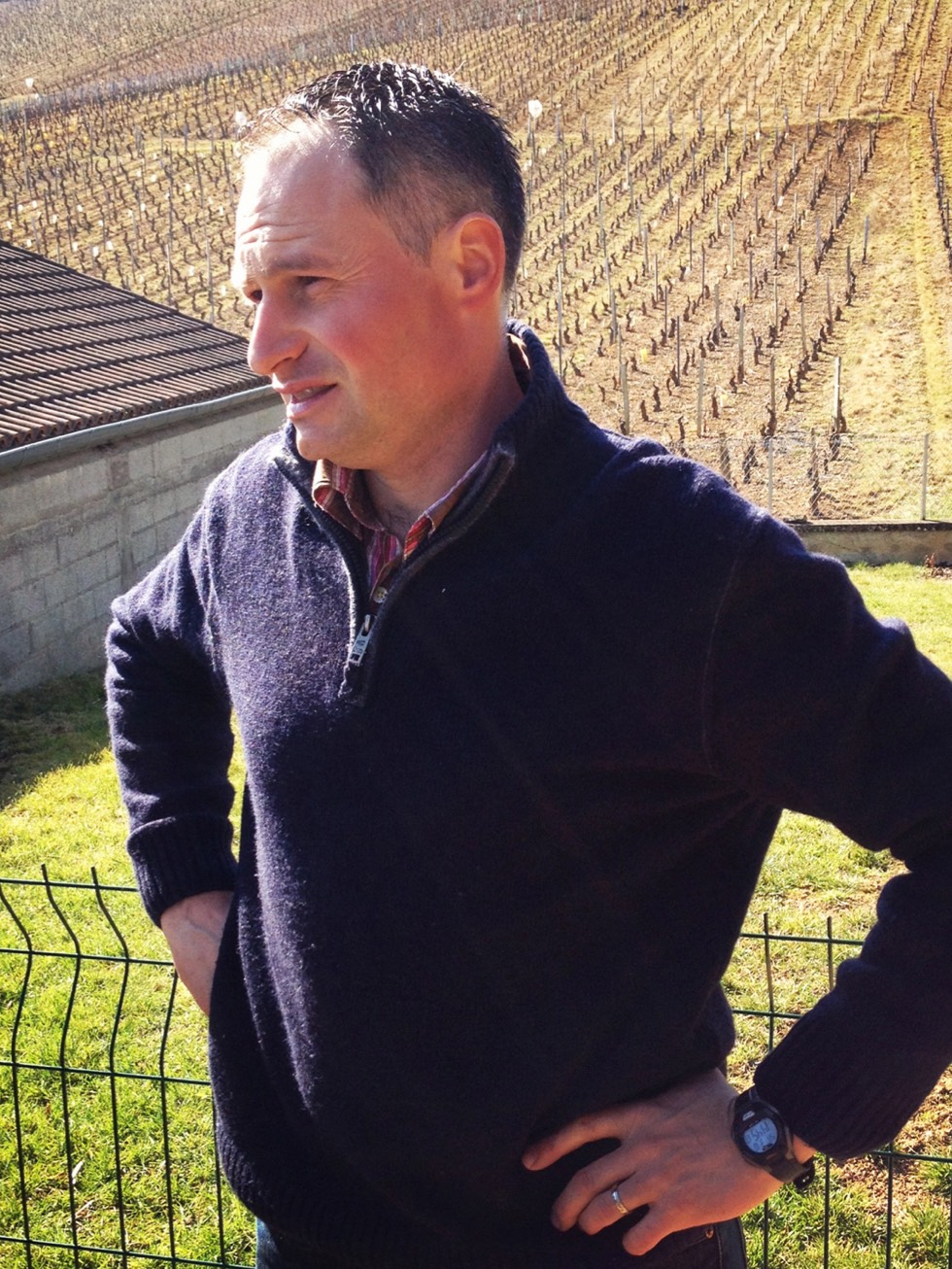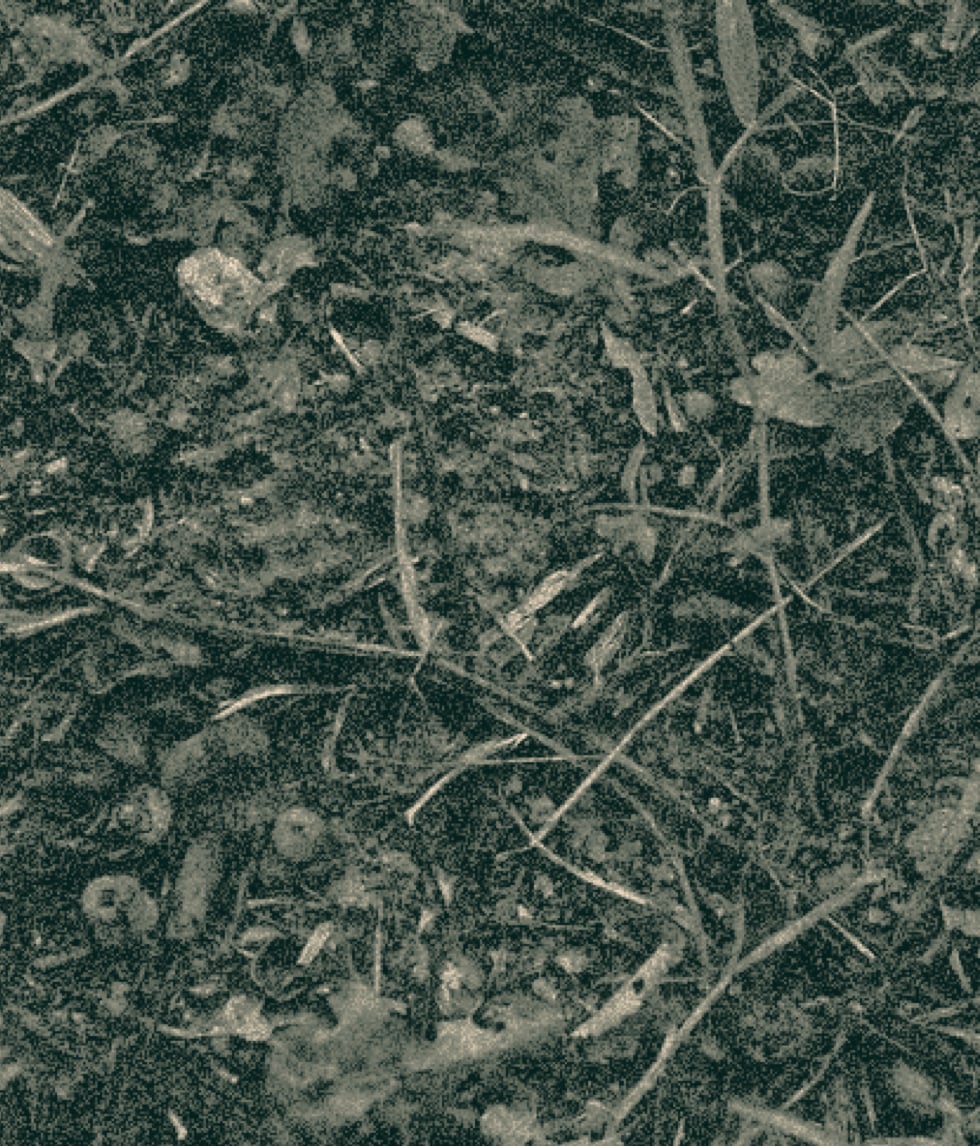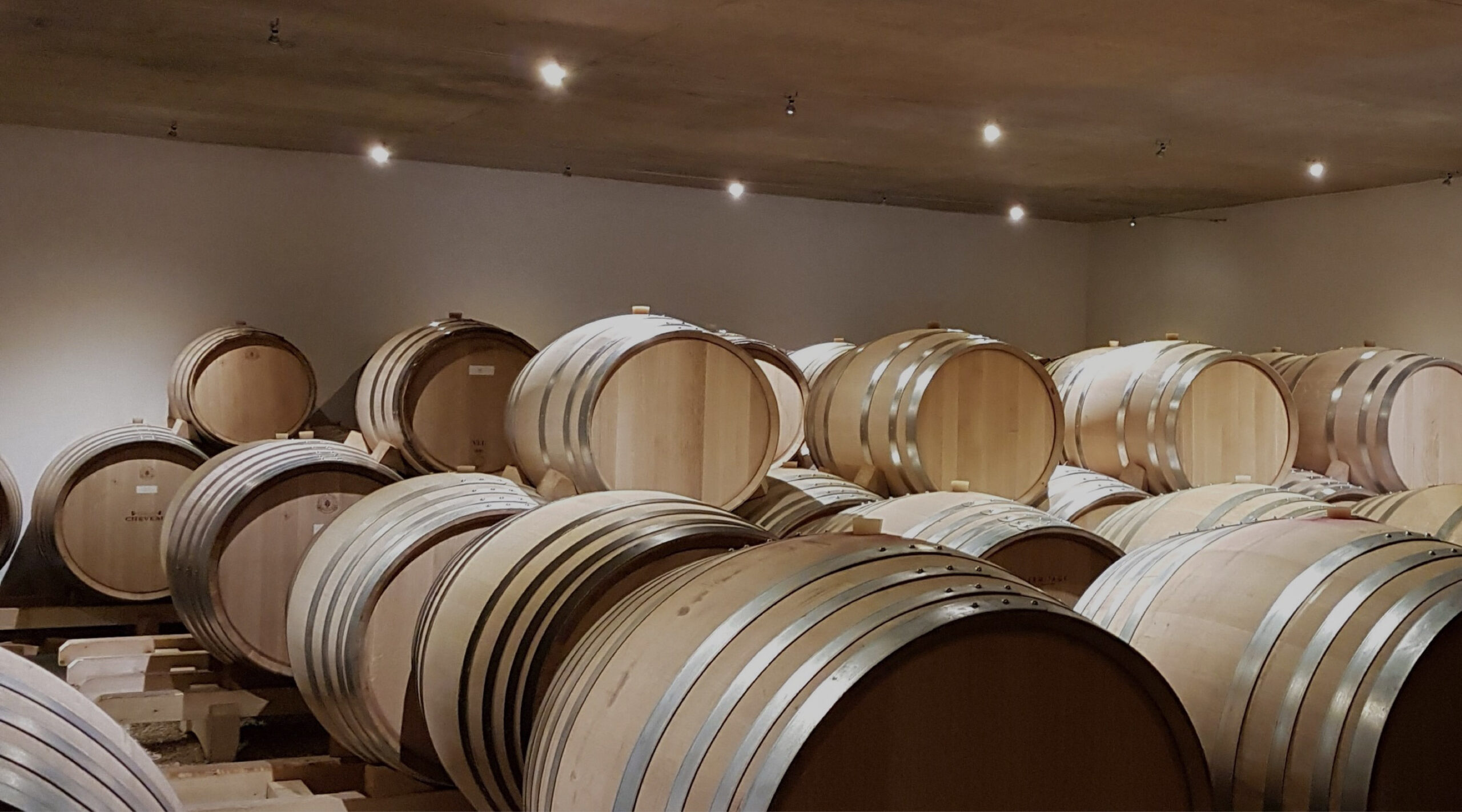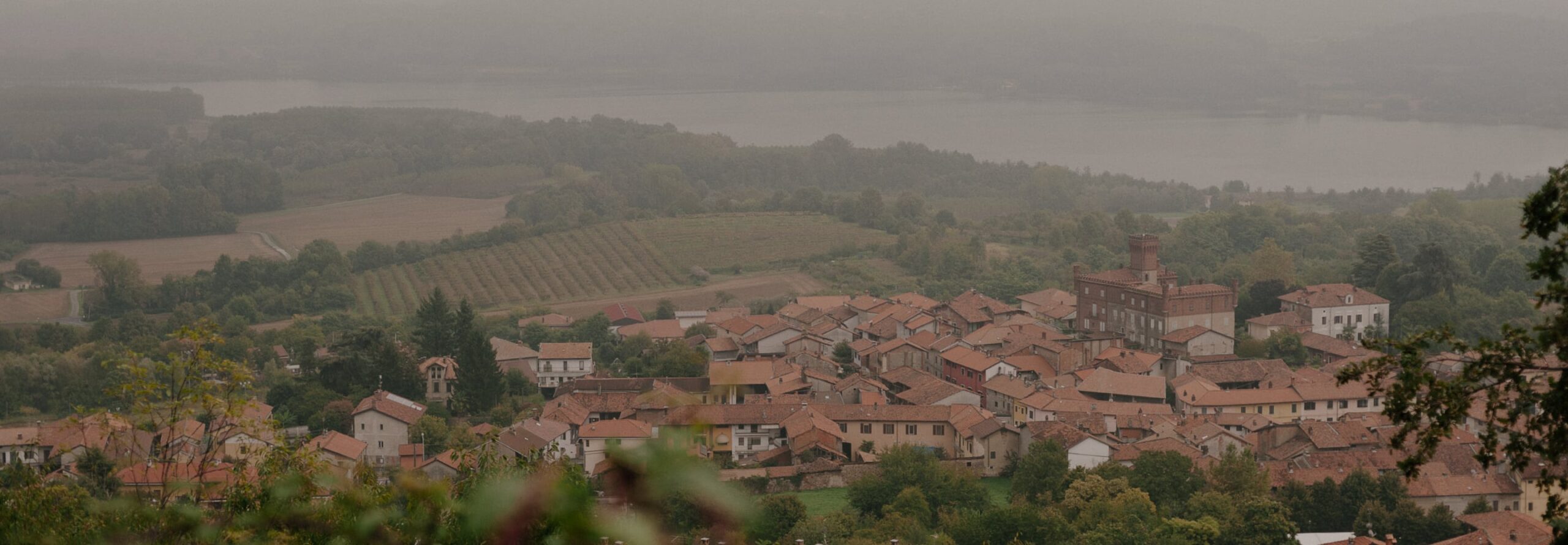The cellars of the Domaine Cheveau are situated in the hamlet of Solutré-Pouilly in the heart of the appellation of Pouilly-Fuissé. The domaine was established by André Cheveau in 1950. His efforts were followed by his son, Michel, and now Michel’s two sons, Nicolas and Julien are actively running this fourteen (14) hectare estate. The vineyard holdings are predominantly located in and around Solutré-Pouilly but extend as well into Davayé in the Maconnais and Saint Amour in the Beaujolais.
The vineyards dedicated to Chardonnay are composed of the classic clay – limestone composition that provides the perfect ambience to produce the grand wines of Burgundy. The Gamay in the vineyards in Saint Amour, this famed cru in the Beaujolais, is planted essentially in sand, schist and granite.
All harvesting at the Domaine Cheveau is done by hand and the wines are fermented and vinified parcel-by-parcel. Fermentation and aging is done either in barrel or stainless steel tank depending on the particular terroir of each site. Overall production is approximately 60,000 bottles per annum.


The vineyards dedicated to Chardonnay are composed of the classic clay – limestone composition that provides the perfect ambience to produce the grand wines of Burgundy.
Farming
Lutte Raisonnée
Treatments
Copper sulfate, along with exceedingly rare synthetic treatments when strictly necessary
Ploughing
Annual ploughing and working of the soil to maintain vineyard health since 1999
Soils
Mâconnais vineyards are on limestone-clay from the upper Jurassic period; Beaujolais vineyards are on decomposed granite, schist, and sand
Vines
Gamay vines are trained in Gobelet and range from 50 to nearly 100 years old. Chardonnay vines are trained in Guyot and average 40 years old
Yields
Controlled with winter pruning and debudding, usually 35-40 hl/ha
Harvest
Exclusively manual, usually in late September
PURCHASING
Entirely estate fruit
Fermentation
Wines ferment spontaneously in foudres, stainless-steel, 600-l demi-muids, or 228-l barrels. Red wines are destemmed, see a 1-2 day cold soak, and ferment spontaneously in stainless-steel tanks or foudres for c. 15 days.
Extraction
Red wines see pumpovers during fermentation.
Chaptalization
Chaptalization if necessary
Pressing
Pneumatic, whole-cluster direct pressing for whites, pneumatic pressing for reds
Malolactic Fermentation
Spontaneous, in tank or barrel following alcoholic fermentation
Élevage
Wines age in stainless-steel tanks, foudres, demimuids, or 228-l barrels for 11-24 months
LEeS
Wines remain on their fine lees until assemblage prior to bottling
FINING & FILTRATION
Fined with diatomaceous earth, plate filtration
SULFUR
Applied at harvest and during elevage, with at most 25 mg/l free, 60 mg/l total



